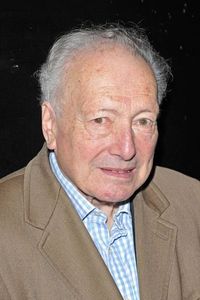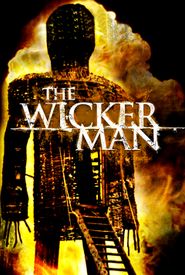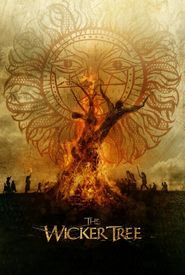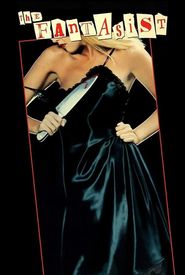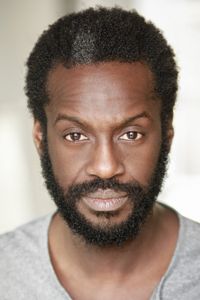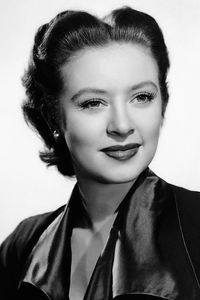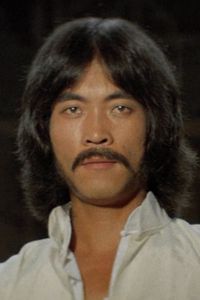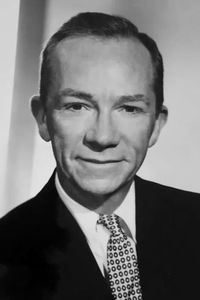Robin Hardy, a renowned English author and film director, left an indelible mark on the world of cinema and literature. His most iconic and enduring directorial work is undoubtedly the 1973 cult classic, The Wicker Man, a film that has continued to captivate audiences to this day with its eerie and suspenseful portrayal of pagan rituals on a remote Scottish island.
Throughout his illustrious career, Hardy's creative endeavors were characterized by a unique blend of psychological depth, atmospheric tension, and a keen sense of storytelling. His films often explored themes of morality, faith, and the human condition, inviting viewers to engage with complex moral dilemmas and philosophical conundrums.
In addition to his work behind the camera, Hardy was also a prolific author, penning several novels and screenplays that showcased his mastery of the written word. His literary endeavors were marked by a similar attention to detail and a deep understanding of the human psyche, allowing him to craft compelling narratives that resonated with readers.
As a testament to his enduring legacy, Hardy's final project before his passing was a film adaptation of his own novel, Cowboys for Christ, which was retitled The Wicker Tree. This ambitious undertaking demonstrated his unwavering commitment to his craft, even in the face of adversity and personal challenges.
Throughout his life, Hardy divided his time between London and Somerset, two locales that undoubtedly influenced his work and shaped his artistic vision. Despite his passing, Hardy's body of work continues to inspire and influence new generations of filmmakers, writers, and artists, cementing his status as a true master of his craft.
Robin Hardy's remarkable life and career serve as a testament to the power of creative expression, and his contributions to the world of film and literature will be cherished and celebrated for years to come.
